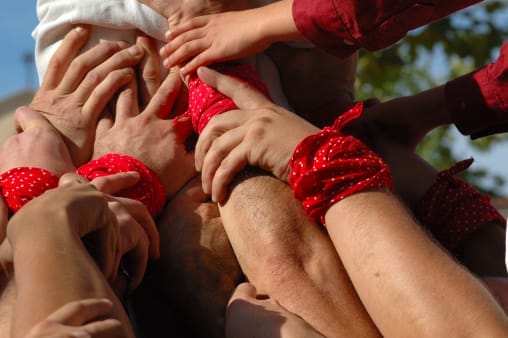When I was at Wharton, microfinance seemed to be the latest new thing. Intrigued by the concept of using my finance background to do something good, I explored the industry during a Field Application Project for Women’s World Banking, when the industry was working to define metrics for success and struggling to identify scalable business models.
I was thus particularly keen to meet Samit Ghosh, WG’74, the founder and CEO of Ujjivan Financial Services, a microfinance institution that provides services to more than a million urban and semi-urban poor across 20 states in India. Within a few minutes of our discussion, it was clear to me that the business of microfinance has progressed far beyond what I remembered as a student in 2004.

Samit Ghosh, WG’74
Relative to India’s 1.2 billion population, the middle class is still small in number. Providing access to financial services to this population, along with ensuring these individuals are employable, is paramount. Samit’s saw the result of serving this population when Citibank increased banking services to the middle class in India.
Ujjivan also in particular targets lower-income women. Offering only unsecured loans and acting as an intermediary for life insurance for 1 million customers in 20 states, the company operates as a finance company, not a bank, due to regulatory constraints. This could change shortly, however, as there is a bill in parliament that would allow microfinance institutions to offer savings products in the future.
The firm was awarded the best microfinance company in India and has been consistently deemed one of the best places to work (it is in the top 25 companies in India and second in the financial services industry). The company’s approximate $250 million balance sheet places it in the top five in India, employing 3,500 people operating in approximately 300 branches across India.
Samit has close ties with the international microfinance community. He is on the board of Women’s World Banking, along with Mike Useem, Wharton’s William and Jacalyn Egan Professor of Management, editor of the Wharton Leadership Digest and director of the Center for Leadership and Change Management. Shortly after our meeting, Samit was off to Jordan to speak at a conference on customer protection. His wife also has Wharton ties, having attended a Women’s World Banking Advanced Leadership Program at Wharton, an example of one of the innovative, nontraditional programs the Aresty Institute of Executive Education offers.
By founding Ujjivan, Samit is a great example of all three of Wharton’s pillars—globalization, innovation and social impact—in action.


























